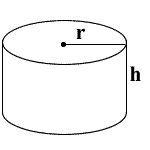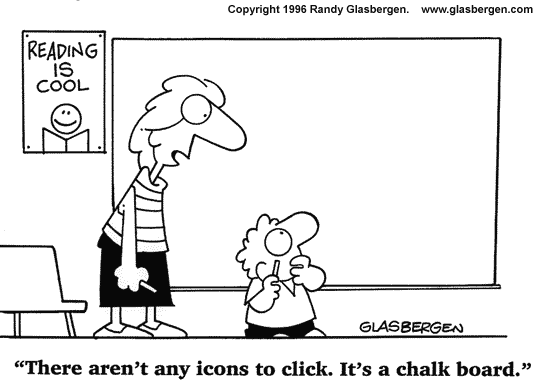How do you measure up in Geometry? I think Geometry is scary when you get to finding the area and volume of objects. There are so many formulas you have to remember. Working out these problems with just pen and paper can be time consuming. Finding the Volume of objects such as a cone or a hemisphere almost requires the use of a calculator.
After some googling, I found a really great site with almost every kind of calculator. It is called Calculator Soup. This site is very helpful with finding those tough answers. Although it may start with the calculator to find your answer, it also has the formulas needed to work the problem out on your own. It is a very simple site. You can even add them on Facebook.
The following is an example of the Cylinder Calculator. It gives you options to change what measurements you have for the object to find the one you are looking for. It also shows the image of the object with labels of the measures you have. After you plug in your data, it gives you your answers below. It is a very useful tool.
Circular Cylinder Calculator
|




